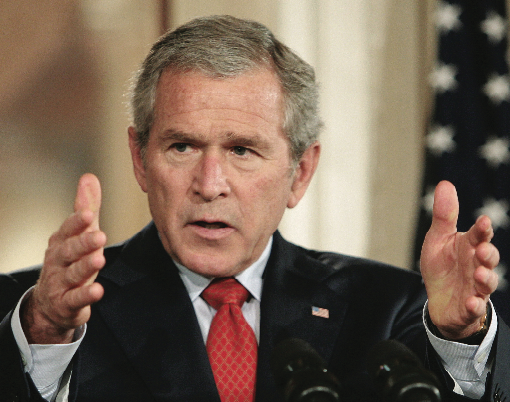When attendees crowd the new Four Seasons Hotel in downtown Damascus for the opening of the Syrian Banking Conference on November 3-5, talk will undoubtedly turn to the complications that private banking still faces two years after the first such institutions opened for business.
Indeed, although five private banks now operate—and three more are on the way by year’s end—there is a palpable sense among Lebanese bankers, who have led the sector’s expansion in Syria, that additional measures must be passed, and soon, if long-term stability and growth is to be achieved.
As a recent Audi research report said, “serious hurdles are facing banking activity, [which calls] for the implementation of further reforms.”
One criticism is that the sector still suffers from a dangerous lack of transparency in regulation, oversight and operation. Underscoring the point, the latest International Monetary Fund (IMF) report on Syria asserts that the recent rapid expansion of private credit is likely to have weakened the quality of bank’s lending portfolios because there is little in the way of risk management practices—not to mention a credit bureau that might accurately assess a customer’s suitability for debt. At the same time, according to one Beirut-based banker intimately involved in his company’s expansion across the border, “The Syrian central bank…is lacking independence and is not playing its role like any other central bank in the world.”
Such criticism is avoided in public because the central bank, under its new governor Adib Mayyali, is seen as a strong force pushing for further reform, but the comment illustrates the dominant view that politics is still intervening in the sector, preventing much-needed exchange rate reforms, the restructuring of state-owned banks and, as a consequence of both, much sought-after interest rate liberalization.
Syrian Deputy Prime Minister for Economic Affairs Abdullah Dardari, freely admits as much, but insists that “there is an intensive liberalization program for the financial sector in Syria—including the reforming of the central bank, making it more independent and more liberalization in terms of the monetary policy where there will be more room for the market.”
To underscore his seriousness, he points to a recently initiated program of cooperation with the IMF, the European Union and the Arab Monetary Fund to address the core issues, but acknowledges that the effort will take up to two years to complete. And even then the question becomes to what extent the government will actually act on the recommendations by passing the relevant laws.
Although some bankers, like Jean Bassil, assistant GM at Byblos Bank Syria, are hopeful that Dardari’s timeframe will indeed come to fruition, with “the remaining restrictions and the complicated regulations disappearing,” two years may prove to be a long time to wait, especially for some of the smaller changes which bankers are increasingly clamoring for.
Indeed, at the top of that list, according to several sector leaders, are the private ownership cap of 49%; an improvement in clearing and settlement procedures; the lack of placement vehicles like T-bills which might tease more money out of Syria’s cash economy (CDs have only recently been allowed); and the convertibility of the currency which, according to one banker, “is still impossible.”
"The major enhancements we would like to see,” explained Bank Audi Syria’s Bassel Hamwi, in comments widely agreed upon, “are related to e-compensation, the automation of the central bank accounts, and the setup of a professional central risk unit.”
That matters have reached this point should come as no surprise: the Syrian economy operated as an integrated, state-run entity for decades, which means that as the “low-hanging fruit” of financial reform was picked in recent years, it has now become nearly impossible to introduce further reform without going to the heart of the issue.
And that means finally tackling the immensely difficult issue of financing state-run institutions, floating the currency and creating risk management practices that are not based, as one Lebanese banker put it, on “long coffee chats to determine bankable credits,” much less the political pedigree of a certain project.
Given all this, participants at November’s Syrian Banking Conference will indeed have much to discuss.












